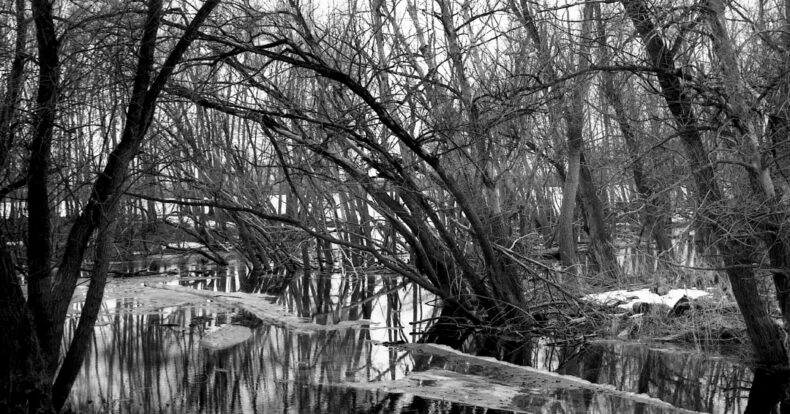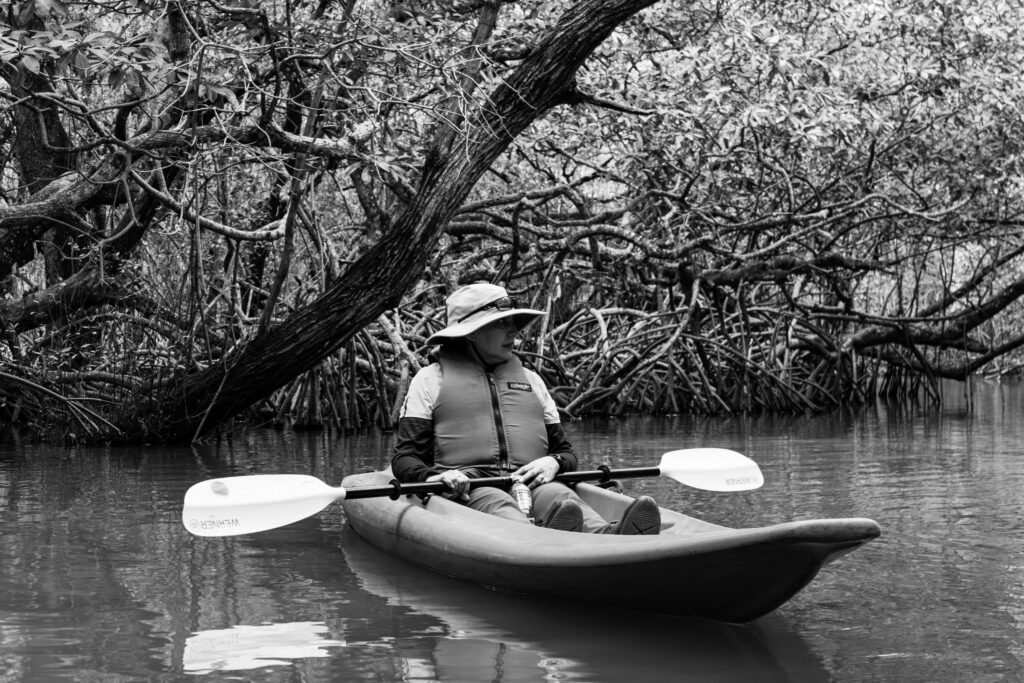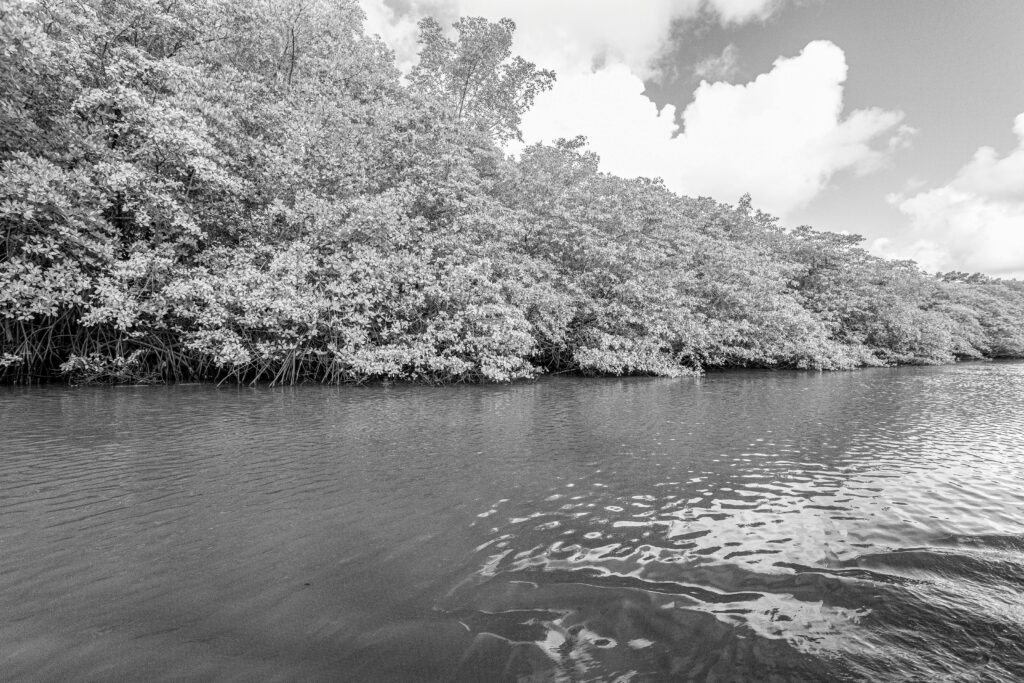France and Costa Rica: blue carbon initiative in preparation for global oceans conference

France and Costa Rica promote marine conservation project ahead of UN oceans conference
San José, Costa Rica / Nice, France – In a strategic step toward global marine conservation, Costa Rica and France have announced a new partnership focused on protecting and restoring coastal ecosystems known as blue carbon. This joint effort is being presented in the context of the upcoming United Nations Ocean Summit, which both countries will co-host in Nice, France.
The initiative is financially supported by the French Development Agency (AFD), in collaboration with Conservation International Costa Rica, and seeks to protect key ecosystems such as mangroves, seagrass beds, and salt marshes. These natural environments are essential for carbon capture and storage, helping to mitigate the effects of climate change.
Protection of blue carbon ecosystems
Currently, Costa Rica manages 52,802 hectares of mangroves, of which 14,336 have been identified as key carbon reserves. In addition to their role in reducing greenhouse gases, these ecosystems protect coastal areas from erosion and storms, and sustain communities that depend on fishing and tourism.
The initiative will be led by Conservation International Costa Rica in coordination with the Ministry of Environment and Energy (MINAE) and the National System of Conservation Areas (SINAC). A steering committee composed of representatives from MINAE, SINAC, and possibly the National Commission for Biodiversity Management (CONAGEBIO) will oversee the implementation of the project. AFD will participate as a permanent observer to ensure transparency and a strategic approach.
This collaboration reinforces Costa Rica’s commitment to science-based and inclusive sustainable development. Our partnership with France reflects a shared dedication to the preservation of marine ecosystems.
Jean-Philippe Berthélemy, Director of AFD in Costa Rica



France and Costa Rica launch strategic marine project
The project is part of Costa Rica’s National Blue Carbon Strategy, launched in 2023, which promotes the management and restoration of coastal ecosystems.
This partnership also plans to explore innovative financial models, such as extending the payment for ecosystem services program to the marine environment. That would provide economic incentives to coastal communities for protecting mangroves and seagrass beds, promoting ecological and economic resilience.
Although mangroves stand out as the main carbon reservoirs, seagrass beds and salt marshes also play an important role. Restoring degraded areas will be one of the priorities for maximizing carbon capture.
This initiative reinforces Costa Rica’s international leadership in conservation. The country has protected more than 25% of its territory and remains committed to achieving carbon neutrality by 2050. Its 2020 climate plan already recognized marine ecosystems as essential pillars for mitigating climate change. For its part, France will use the Ocean Summit to advocate for stronger international cooperation on ocean protection.
With additional details on funding forthcoming—including potential community training programs, mangrove reforestation, and scientific research—this collaboration positions Costa Rica and France as global leaders in coastal ecosystem protection and the fight against climate change.
Sensorial Sunsets
Navigate articles



